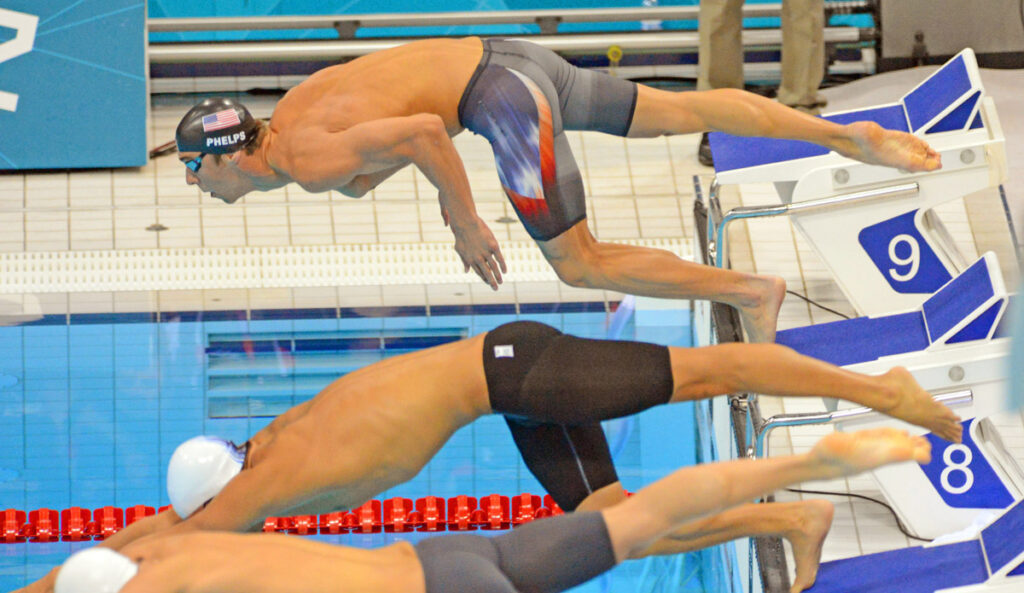
Introduction
Michael Phelps, the most decorated Olympian in history, holds an unparalleled legacy in the world of competitive swimming. With 28 Olympic medals to his name, including 23 gold medals, Phelps has not only redefined what it means to excel in sports but has also served as an inspiration for countless athletes and fans around the globe. His career highlights the importance of dedication, resilience, and mental health awareness in sports, making him a relevant figure even years after his retirement.
Career Highlights
Phelps made his Olympic debut in 2000 at the age of 15 during the Sydney Games, where he finished fifth in the 200m butterfly. He burst onto the scene in 2004, winning six gold medals and two bronze, establishing himself as a swimming powerhouse. This success was just a precursor to what followed in the 2008 Beijing Olympics, where he achieved what many consider the greatest Olympic performance ever, winning eight gold medals in a single event. His achievements continued in 2012 and 2016, leading to a total of 23 gold and 28 medals overall.
Impact on the Sport
Phelps’ influence goes beyond his medal tally. He revolutionized swimming techniques and training regimens, inspiring a generation of athletes to push their limits. His rivalry with swimmers like Ryan Lochte and his performances in high-stakes races have drawn unprecedented attention to the sport, significantly increasing its popularity. Furthermore, Phelps has been a vocal advocate for mental health awareness, sharing his own struggles with depression and anxiety, which has contributed to a vital conversation surrounding athlete mental well-being.
Post-Retirement Life
Since retiring from competitive swimming after the 2016 Rio Olympics, Phelps has continued to be an influential figure, engaging in numerous speaking engagements, and contributing to philanthropic initiatives, particularly through The Michael Phelps Foundation, which promotes swimming and healthier lifestyles. He has also become an advocate for mental health, participating in campaigns that aim to destigmatize mental illnesses among athletes.
Conclusion
Michael Phelps’ legacy in Olympic swimming is colossal and multifaceted. His record-setting achievements have set new benchmarks for excellence in sports and his advocacy for mental health issues highlights the importance of holistic well-being in athletics. As the world continues to evolve, Phelps’ story serves as a reminder of the impact one athlete can have on their sport and society at large. Future Olympians will undoubtedly look to his example for inspiration, and his contributions will resonate in the sports community for generations to come.




